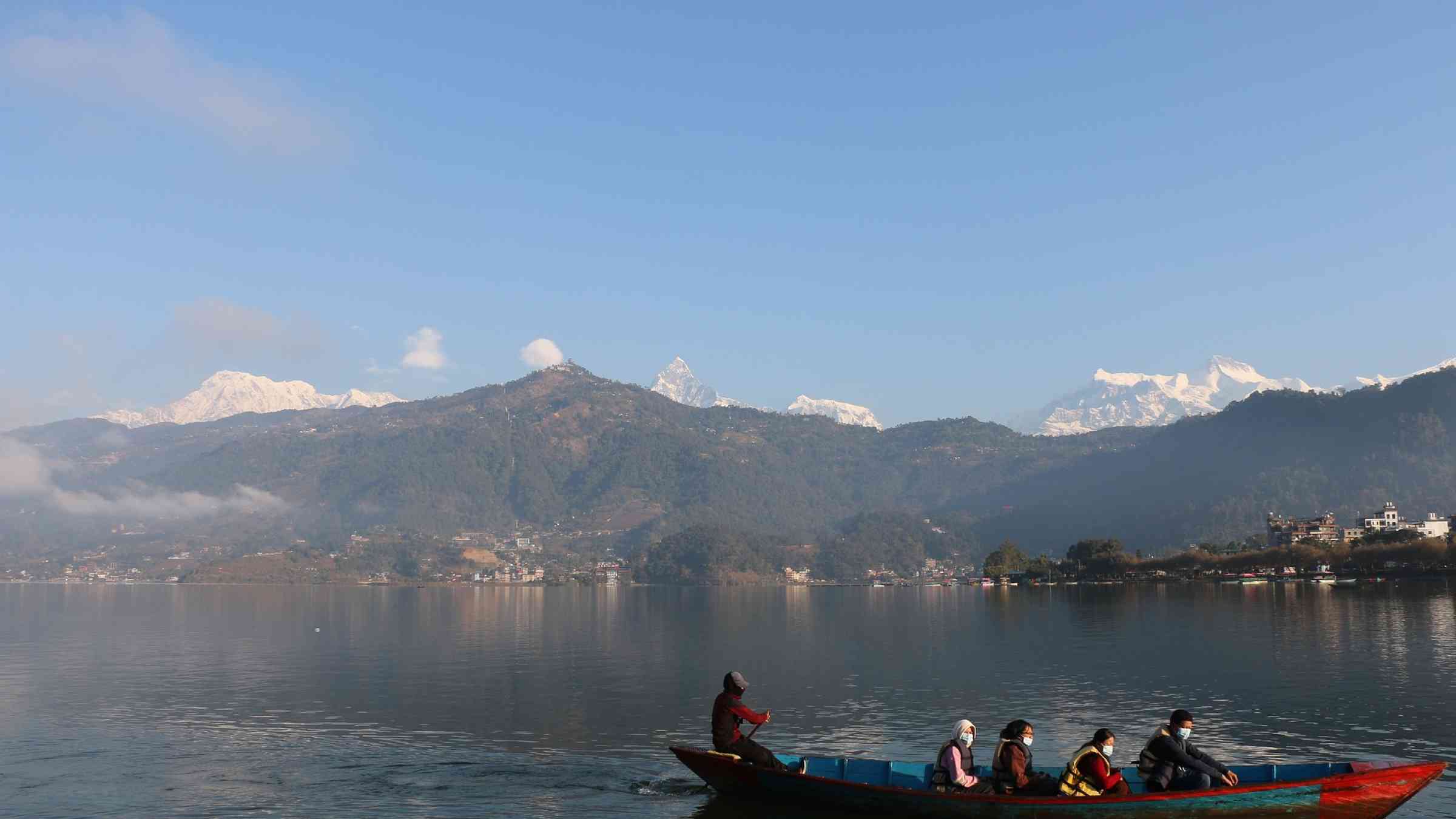Transboundary Water Governance to Enhance Local Access to Finance for Climate and Disaster Resilience
South and Southeast Asia's water demand will double by 2030 due to unsustainable usage, severely impacting lives and livelihoods. According to the UN, 4.8 to 5.7 billion people experience water scarcity for at least one month each year, with women being the most affected. Furthermore, the UN-Water SDG report highlights that the water crisis disproportionately impacts youth. Currently, South Asia and Southeast Asian river basins face these significant challenges. Apart from being the third-largest freshwater outlet to the world's oceans, the Ganges-Brahmaputra-Meghna River basin supports more than 800 million people in India, Pakistan, and Bangladesh. Similarly, the Mekong River basin also supports 61 million people living in the five countries of Cambodia, Laos, Burma/Myanmar, Vietnam, and Thailand. The increasing stress on water resources has resulted in several challenges, like gender disparity and marginalization of the most vulnerable. Additionally, human rights concerns will rise without improved water governance mechanisms.
Water management in the South Asian River basin region is overwhelmingly dominated by bilateral cooperation. There is limited transboundary, multi-lateral management among the riparian states, particularly given the complex geo-political dynamics in the region.
The Mekong River Commission's transboundary initiative promotes regional cooperation and equitable resource management among its member countries which can be a good practice for other regions. There is a need for an official international basin-level platform to oversee the entire region's water management. Multilateral regional cooperation and good governance for upstream and downstream linkages of the countries of the basin will improve water accessibility and build resilience for the riparian communities. There is also a need for Local-level climate finance to enhance transboundary water management by ensuring local-level cooperation in regional initiatives. We need to promote regional cooperation and local-level climate finance for shared water resources and foster women and youth leadership, human rights, civil society, and community perspectives.
The session on Transboundary Water Governance to Enhance Local Access to Finance for Climate and Disaster Resilience aims to enhance knowledge and awareness about implementing a whole-of-society approach through the inclusion of gender and youth leadership, human rights, and community perspectives and ensuring access to local climate finance to promote regional cooperation, for better water governance. There is a need for a multistakeholder framework for transboundary water governance among nations sharing river basins to address water-related challenges and promote sustainable practices. The session will facilitate and promote regional cooperation through dialogue and knowledge exchange focusing on climate and disaster resilience finance to strengthen communities. Outcomes will include recommendations aligned with the SFDRR's priorities for action and SDG target 6.5, promoting operational arrangements for water cooperation and women-led initiatives.
The session will fulfil the following objectives:
1. Highlight the transboundary water governance challenges and identify the priorities to strengthen resilience in the riparian communities in the GangesBrahmaputra-Meghan River Basins across India, Bangladesh, and Nepal and bring in best practices from other river basins like the Mekong River Commission.
2. Discuss ways to enhance access of communities to local-level climate finance mechanisms and investments across transboundary basins. Also discuss existing practices to foster the role and leadership of civil societies, women, youth, and community leaders to influence the government and private sector on water governance and between the transboundary GBM Basins.
3. The way forward is to enhance and promote multilateral transboundary dialogue to build resilience and facilitate cooperation.
Panel: (TBC)
a. Representatives from Government Agencies
• MoDMR, Bangladesh Government
• NDRRMA, Nepal
b. Representatives from Civil Societies and IGO
• Oxfam Asia
• International Centre for Integrated Mountain Development
• Mekong River Commission
c. Representative from Research Institutes
• Stockholm Environment Institute, Bangkok Regional Office
d. Women and Youth leaders
• Bangladesh, Nepal (South Asia)
• Thailand, Lao PDR (South East Asia)
Learn more
The Transboundary Rivers of South Asia (TROSA-2) is a regional governance programme covering the Ganges-Brahmaputra-Meghna basin in India, Nepal and Bangladesh. The goal of the program is to Improve cooperation in governing shared water resources, strengthening resilience to climate change of riparian communities in the transboundary Ganges-Brahmaputra-Meghna River basins.
The Asian Disaster Preparedness Center is a partner organization with Oxfam, funded by the Swedish International development Co-operation Agency (SIDA). The expected outcomes of the programme are:
• Strengthen leadership of civil society, especially women, indigenous people, and youth to influence government and private sector on water governance across and between the transboundary GBM basins.
• Strengthen cooperation, collaboration and accountability across and between the transboundary GBM basins.
For more information, please visit http://sar-climate.adpc.net/index.php/trosa-2/

Agenda
Online access
Details
Organized by
Asian Disaster Preparedness Center (ADPC), Thailand Oxfam Asia (Oxfam) Stockholm Environment Institute (SEI), Asia International Union for Conservation of Nature (IUCN), Thailand International Centre for Integrated Mountain Development (ICIMOD), NepalContact
Israel Jegillos, Senior Project Manager, Asian Disaster Preparedness Center (ADPC), email: [email protected]
